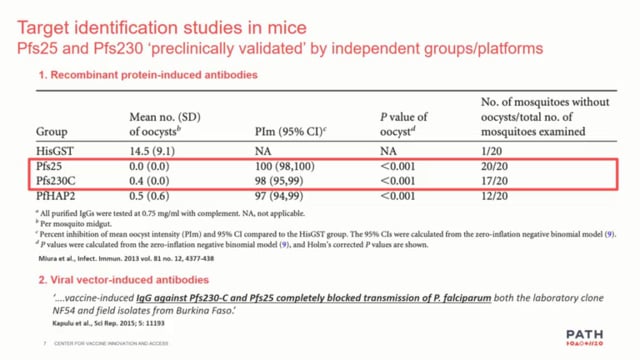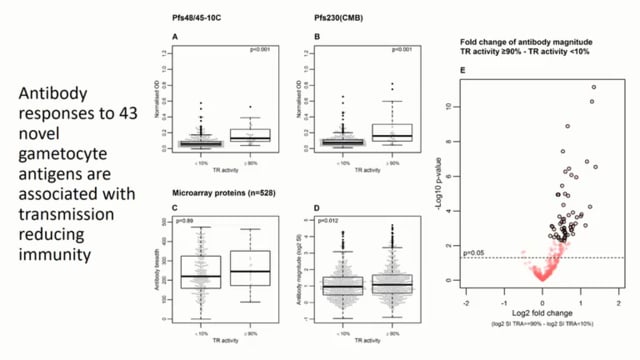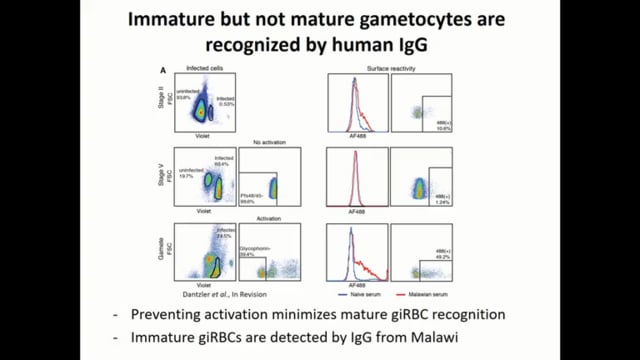Last Updated: 07/03/2023
Mechanisms of innate immune dysfunction in SIV/malaria co-infection in pregnancy
Objectives
- To dissect the pathogenic outcomes of P. fragile infection in SIV+ pregnant rhesus macaques (RMs).
- To mechanistically elucidate the role of neutrophils and innate lymphoid cells (ILCs) in decidual inflammation during SIV/P. fragile co-infection.
HIV remains one of the world’s most devastating diseases, with more than 38 million people living with HIV (PLWH) and an additional 1.7 million new infections per year. Moreover, in 2019, infection with malaria was reported to have reached 229 million cases worldwide and caused over 409,000 deaths. Although advances have been made in reducing the incidence of both HIV and malaria, the risk of infection with either disease is still great, especially in resource-limited countries. Importantly, the geographical overlap in endemic HIV and malaria constitutes a high risk for co-infection, fueling transmission and pathogenesis of both diseases. The burdens of HIV and malaria are particularly elevated in pregnant women, leading to increased risk of poor birth outcomes and maternal and infant mortality. Notably, malaria in pregnancy (MIP) in women living with HIV (WLH) results in even greater risk of adverse outcomes and the treatments currently available for MIP have only shown limited success in WLH. Therefore, our long-term goal is to identify key factors in MIP immunopathogenesis to aid in development of new therapeutics that can safely and effectively reduce maternal and fetal morbidity and mortality in WLH.
Our central hypothesis is that P. fragile and SIV co-infection of pregnant RMs will result in greater placental parasitemia and dysfunction that associates with higher levels of decidual neutrophil accumulation and ILC activation, as compared to mono-infected or healthy RMs. The rationale for the proposed research is that a better understanding of the complex interplay of neutrophils and ILCs in placental dysfunction will promote subsequent, targeted studies to leverage our findings to develop novel interventions to treat MIP in WLH. The central hypothesis will be tested by pursuing three specific aims: 1) To identify key pathogenic consequences of P. fragile infection and the impact of SIV co-infection during pregnancy; 2) To define the role of neutrophils in peripheral and decidual inflammation during co-infection of pregnant RMs; and 3) To determine the role of ILCs in regulating peripheral and decidual inflammation in co-infected pregnant RMs. The proposed research is innovative because it focuses on using a highly translational animal model to open new scientific horizons on key alterations in innate immune function that drive poor maternal and fetal outcomes in SIV and P. fragile co- infection, which closely parallels the dynamics of HIV and P. falciparum infection. The proposed research is significant because it is expected to provide a strong, evidence-based foundation for future pre-clinical studies of the biological mechanisms of MIP in WLH. Ultimately, these studies will provide new opportunities to develop therapies and prevention strategies to reduce morbidity and mortality due to malaria in highly vulnerable WLH.
Sep 2021 — Jul 2026
$1.67M


